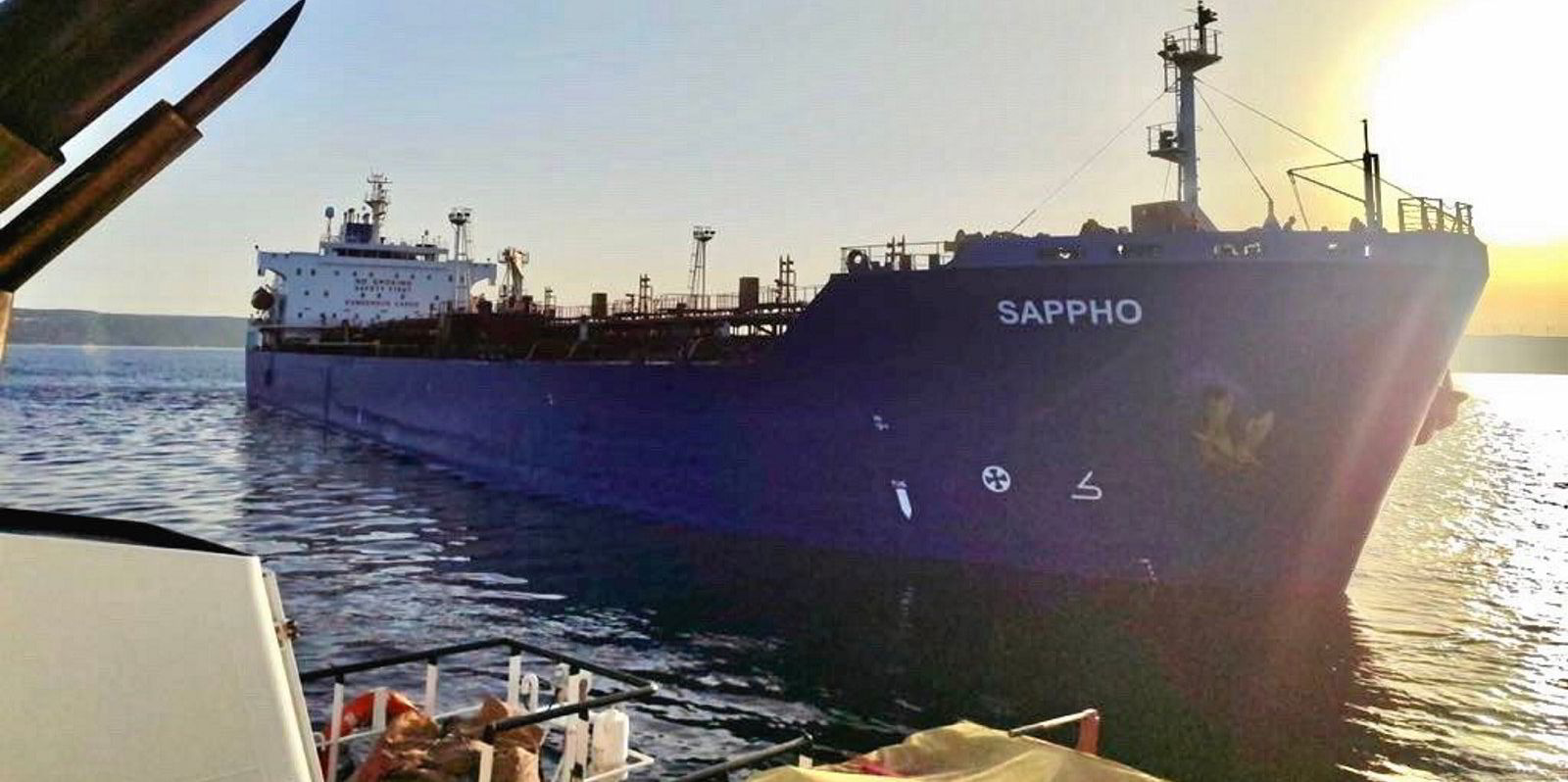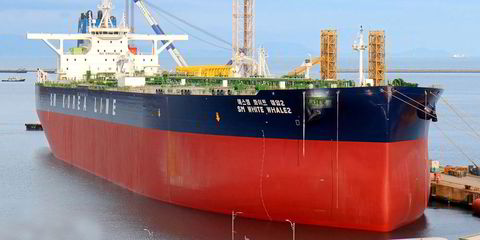The new dislocation in global tanker trade caused by Russia’s halt to diesel and gasoline exports could benefit LR product tankers at the expense of smaller MRs in the Atlantic, analysts say.
Russia announced an immediate halt to the exports on Thursday to control domestic pricing amid complaints from drivers and farmers worried about the impact of rising fuel costs on gathering this year’s harvests. It said the measure was temporary.
Fearnley Securities said the move would be bad for MRs in the Atlantic but should improve LR tanker demand in the Middle East Gulf and Asia.
Europe has looked to Asia and the Middle East since February to replace refined products after banning Russian barrels over the war in Ukraine. The move has boosted tonne-mileage and earnings for ship owners.
MR tankers have hauled most of the Russian products to North Africa, the Middle East and Latin America since the European ban February.
Russian seaborne exports have been about 1.5m barrels per day over the past few months, 25% down on levels before the European embargo, according to shipbroker BRS.
Diesel and gasoline make up about two-thirds of Russian refined product exports, Fearnley Securities said.
“Should this [export halt] be sustained, it could be quite a hit to the product tanker market,” said the Oslo-based banking arm of the Norwegian shipbroking giant.
“However, given it being temporary, we remain unfazed for now and continue to believe that over time, the phasing out of shadow fleet ships would in part offset some of the lost tonne-mile demand.”
It said prospects for product tanker operators moving into the winter season remain strong, citing low global inventories.
Clarksons said in its most recent oil and tanker report that the product trade is set to grow by 3.8% in 2023, driven in part by growing Middle East and Russian exports.
Clarksons Securities said the export block could be “relatively brief, possibly lasting around a month”.
Shares in major product players Hafnia and Torm were up on Friday, indicating a general perception that the reduction is temporary, Frode Morkedal and Even Kolsgaard of Clarksons Securities said in a note.
Norwegian shipbroker Steem1960 said strong earnings for LR2 carriers are likely to continue into 2026 on the back of longer-haul voyages amid changes in refinery and trading patterns.
The Baltic Exchange measure for time charter equivalent rates for MRs in the Atlantic increased by $2,796 yesterday from a 15-month low earlier this week to hit $19,282 per day.
Its Pacific basket was down $1,878 to $31,223 per day.
Read more
- Ukraine grain corridor is rolling with new vessels getting in and out
- Deutsche Bank takes down crude estimates but shows love for Scorpio Tankers
- Frontline’s Barstad warns shadow fleet set to swell as Russian exports dip
- Russia cuts diesel exports to tackle domestic price rises
- Bimco tips struggling crude tankers to pick up in 2024





